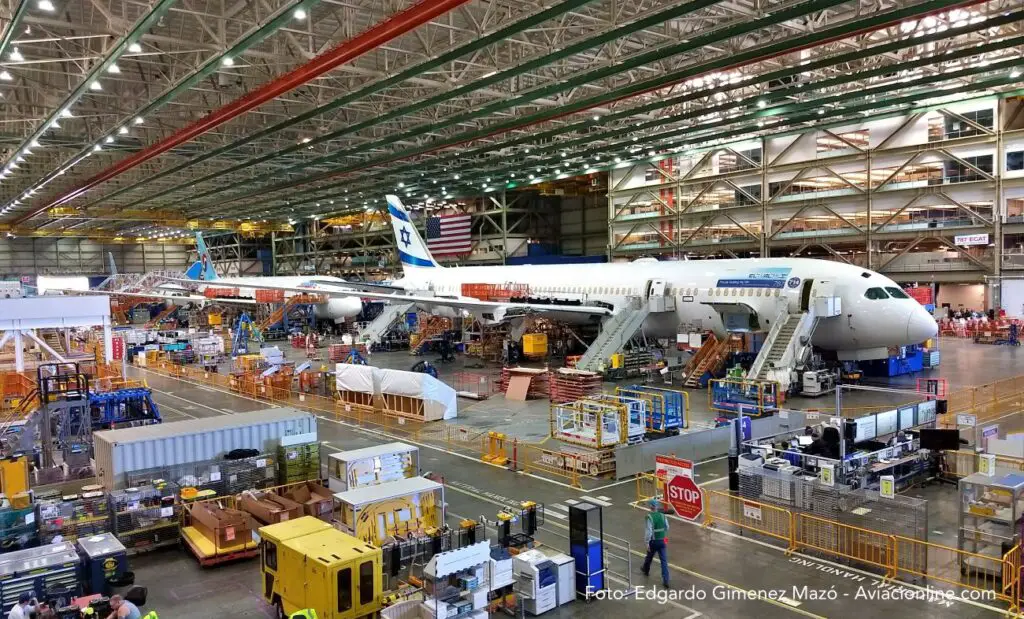After nine weeks of halted production and intense negotiations, Boeing Machinists union members have voted to accept the company’s latest offer, effectively ending the prolonged strike that has disrupted operations at Boeing’s assembly plants in Renton and Everett. The vote, finalized just after 7 p.m., marks a crucial turning point in one of Boeing’s longest labor standoffs in recent years.
The approved contract includes a 38% wage increase spread over four years and a $12,000 ratification bonus. Union leadership, representing approximately 33,000 Machinists, had endorsed the deal, citing Boeing’s firm stance on certain points as a reason to accept the terms. This vote clears the way for workers to return to the assembly lines as soon as Wednesday, with full staffing expected by Nov. 12.
The new agreement addresses many of the union’s demands, though it stops short of restoring the traditional pension plan that some members have long sought. While Boeing was unwilling to reinstate the pension, federal mediators had introduced alternative retirement solutions. However, Boeing maintained its position, citing financial sustainability concerns. In lieu of an increased contribution to the 401(k) plan, the company has offered Machinists a $12,000 payment, which can be split between immediate wages or retirement contributions according to individual preferences.
Despite the challenges, including two rejected offers and significant financial strain on both sides, Boeing’s $21.1 billion October capital raise was pivotal, analysts noted, giving the company more leverage as negotiations continued. Analysts from Jefferies remarked that the added funds strengthened Boeing’s negotiating position, helping the company avoid a potential credit-rating downgrade.
Union District 751 President Jon Holden highlighted the union’s decision to recommend the contract, explaining that Boeing’s stance had left limited room for further concessions. Had the offer been rejected, the union warned, Boeing might have introduced less favorable terms, potentially impacting long-term commitments to build new aircraft in the Puget Sound region.
This contract marks a compromise between the union and the aerospace giant, as both sides look to stabilize operations. Boeing aims to resume production momentum after weeks of delayed output, while Machinists, many of whom were burning through personal savings, now face a financial recovery period after incurring an average of $10,400 in lost wages during the strike.
With workers preparing to return to their posts, Boeing is poised to refocus on its commercial backlog and upcoming projects, aiming to restore stability and progress in its operations following a challenging labor dispute.














